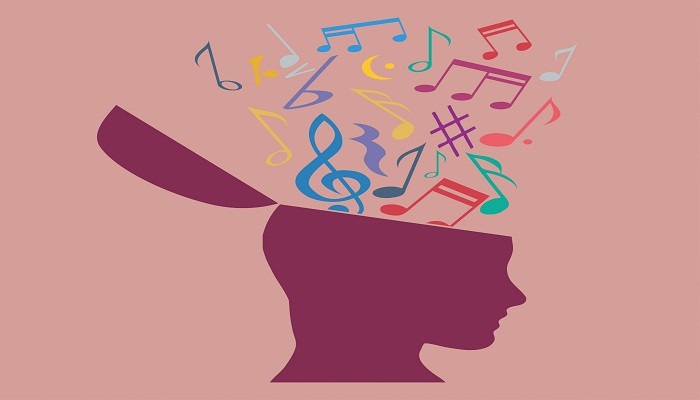BENEFITS OF MUSIC THERAPY

BENEFITS OF MUSIC THERAPY
Published On: 28-09-2024 | 4 min Read
Music therapy involves using a person’s responses and connections to music to encourage positive changes in mood and overall well-being. It can decrease anxiety and improve self-esteem. Music has powerful effects on the mind. Different styles of music can have a significant effect on a person’s mood very quickly, and it can help them experience and process a wide range of emotions, from happiness to excitement, as well as sadness, calmness, and thoughtfulness.
Music therapy is a medium for change. It helps the client re-connect with themselves and forms a healing relationship with the music therapist. This relationship is created and enhanced through the use of music and musical elements. It takes one's mental, emotional, physical, and spiritual health into account. Goals and Objectives are created and designed to concentrate on each person's needs and developmental area of focus. Healthcare providers use music as therapy in many contexts, including at the bedside for people in hospitals. The definition of clinical musical therapy states that a qualified music therapist must plan and lead the session within a therapeutic relationship for it to qualify as this form of treatment.
Music therapy helps people of all ages (children, adolescents and adults) and from all walks of life.
Types of Music Therapy
Music therapy can be an active process, where clients play a role in creating music, or a passive one that involves listening or responding to music.
There are a variety of approaches established in music therapy, including:
- Analytical music therapy
- Benenzon music therapy
- Cognitive behavioral music therapy (CBMT)
- Community music therapy
- The Bonny method of guided imagery and music (GIM)
Many individuals experience natural emotional reactions to music. NSMS NURSING INSTITUTE also believe that there are verious benefits of music therapy in various way .A song can move us to dance or cry without much conscious thought. It can access our emotions and mental capacities in a way that words sometimes cannot. As Hans Christian Anderson once said, “When words fail, music speaks.” Music therapy uses these natural reactions to music and harnesses them into both short-term and long-term effects.Here are some mental & physical music therapy benefits:
- Reduce Anxiety : Through a technique called the iso principle, music is matched to an individual’s present mood and then adapted to facilitate mood adjustment. If someone is feeling anxious, a music therapist may assist them in creating a playlist that gradually moves from fast, strong-beat music towards slower, simpler music.
- Reduce Depression : . A client experiencing depression may initially play around with one tempo/volume. Over time, they can explore more dynamics, changing the tempo, volume, and even method of playing. As the client explores the range of musical expression, they may begin to access a wider range of emotional experiences, paving the way for improved mood and feelings of hope.
- Improve Attachment : Early relationships provide our foundation for development and learning how to relate to ourselves and the world. It is common for individuals with other mental health needs to have experienced some sort of disruption in their early caregiving relationships.The therapist uses musical techniques, such as reflecting the client’s music back to them, to give the client a felt sense of being heard, listened to, and valued. Music therapists can also work with caregivers and children directly to promote co-regulation and bonding.
- Improve Self-Esteem & Sense of Identity : Dopamine, the “feel good” hormone in the brain, increases when we accomplish a task. In music therapy, therapists are trained to create experiences that give clients opportunities for success, while also maintaining autonomy and independence. Through opportunities to learn an instrument, play a song, or write a piece of music, individuals can experience increased self-confidence and self-esteem.Music can also be a source of identity, especially for adolescents.12 Adolescents may form musical preferences based on their peers’ interests, or as an attempt to separate themselves from the crowd.
- Physical Benefits : Every movement we make has a rhythm to it. Thus, pairing rhythm with movement can be a highly effective form of teaching mobility in rehabilitative settings . For instance, many of us tap our feet along to a song without even realizing it! Music affects the parts of our brain responsible for autonomic/unconscious functions (such as breathing, heart rate, some movements, etc.).
